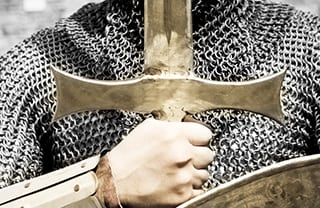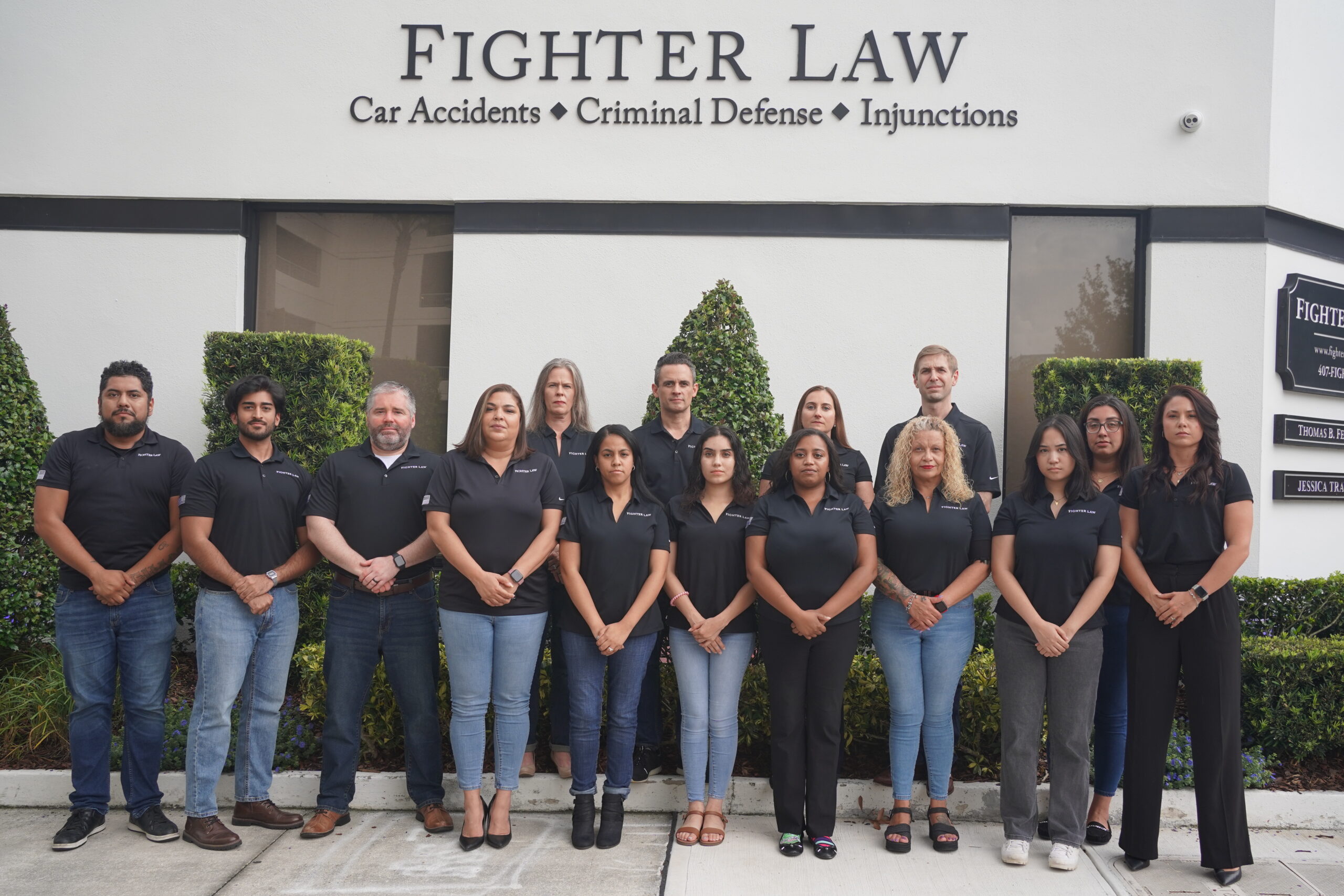Trusts
What is a trust and do I need one?
When you establish a trust, you create another entity. This is different from creating an entity such as a business. However, it is the most comprehensive and complete way that one can protect not only your assets but your loved ones as well. Unlike a will, trusts can avoid probate all together. This saves a lot of time and money in legal fees and any possible claims against the assets as the trust is also able to protect from creditors. The reason for this being that since trusts are entities of themselves, the assets placed within them transfer immediately upon death. Meaning they never actually pass-through probate. Anyone nominated as a beneficiary of the trust therefore has rights to the assets placed within, but they do not take possession of the assets, the trust does. Assets within the trust need not be dispersed to its beneficiaries but rather can remain within the trust indefinitely if one wishes.
There are many different forms of trusts. However, all trusts are going to be classified as either revocable or irrevocable trusts. The difference between a revocable and irrevocable trust is a revocable trust has the ability of being retracted at any time by the creator of the trust, and the assets still belong to the creator of the trust while they are alive. An irrevocable trust cannot be rescinded upon creation without a court order. Therefore, all items placed within the trust no longer belong to the creator of the trust.
Under Florida Statute 736.0402, there are several requirements that must be met for a trust to be valid:
- There must be a Settlor (You)
- The settlor must have Capacity to create a trust. There must not be any indication that the Settlor was under any form of duress, fraud, incapacity, undue influence, or made a mistake. Any of these could lead to either a partition or invalidation of the trust.
- The Settlor must show the intent to create the trust.
- The intent must be clear and unambiguous
- There must be a listed Trustee (a trustee is the person who will ensure that the assets of the trust are being dispersed according to the wishes of the settlor)
- The trustee must also have capacity and can be person or an entity.
- You can even list yourself as a trustee of your own trust as well.
- The trust must be funded.
- The trust must be funded by assets of the settlor at the time the trust is executed.
- There must be ascertainable beneficiaries
- The trust must not go against public policy
- Any real property involvement requires that the documents be done in writing to be valid.
For more information about trusts or the estate planning process please give us a call at 407-FIGHTER. We would love to help.
A few common trusts:
- Heritage Trust
Heritage trusts are very common, they are a useful tool when there are concerns about family members inheriting a sum of money or assets. It is used to protect inheritance from others such as creditors, maybe other family members, or maybe even the beneficiaries themselves.
- Special Needs Trust
If you have a loved one that either has special needs or could have a special need in the future that may require government assistance, a special needs trust can protect them from being disqualified from public benefits, while still allowing them to receive their inheritance.
- Gun Trust
When dealing with items such as firearms it is often a good idea to place them into their own separate trust. This helps ensure that no laws are broken, or felonies committed during the passing down process after you have moved on. Also, the gun trust allows for the trustee to be in possession of, transport, and use your firearms at their will. It will protect your loved ones whether you have moved on or are still alive. The trust would also act as a shield to protect your possessions from becoming part of public record as they would avoid probate all together.
- Charitable Trusts
A Charitable trust allows for you to pass your estate to a charity of your choosing, this is often a great choice for those who might not necessarily have loved ones they wish to transfer their assets to. A charitable trust gives you the power to say where your estate goes at the end of the day.
- Irrevocable Trust
An irrevocable trust is one which allows assets to be placed into the trust and remain there. They would become out of reach from all types of possible claims of ownership including yourself. This is also often used when dealing with certain agencies such as Medicare, Medicaid, and the VA. This is a great option when you would like to ensure that you are leaving a legacy behind for your loved ones. It protects from many forms of creditors and could possibly prevent your beneficiaries from having to pay extensive amounts in taxes on the increased value of assets during the time they remained within the trust. For more information about Irrevocable trusts, and how they may be able to benefit you call us at 407-FIGHTER.
case evaluation
Fill out the form below for an evaluation of your case.
Trusts
- Abogado Thomas Feiter "Fighter"
- About Fighter Law
- Areas We Serve
- Car Accident Attorney
- Chat Preview
- Contact Fighter Law
- Criminal Defense
- Criminal Law 101
- Disclaimer
- FAQ
- Home Neo v2
- Landing Page Main Headline
- Last Will and Testament
- New legislation requires safe-exchange location for minors.
- Orlando Criminal Defense Attorney
- Orlando Living Trust Attorney
- Orlando Living Wills Attorney
- Orlando Probate Attorney
- Practice Areas
- Practice Pages Preview
- Privacy Policy
- Site Map
- Testimonials
- Thank You
- Thank You Pop-Up
- Trusts
- We Fight for Outstanding Case Results

Practice Areas
Learn more about our services in Criminal Defense, Personal Injury, and Injunctions.

We Fight for Outstanding Case Results
We are driven to get you results. Review the outcomes on recent cases we've handled.


